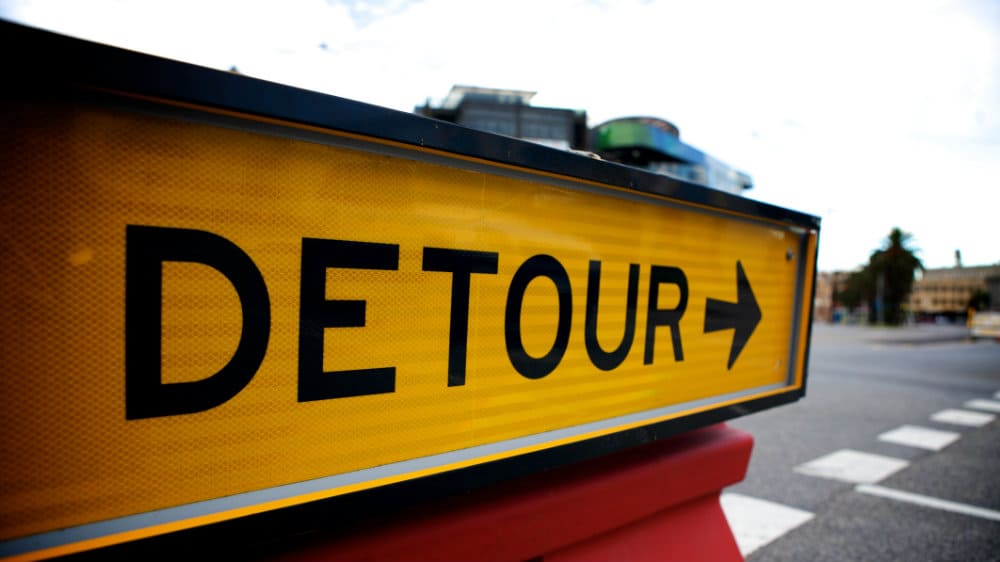Considering that dividends make up the majority of returns over the long term, building a portfolio of high-yielding stocks from London’s blue-chip index makes a lot of sense.
That said, not all big payers in the market’s top tier are worthy of your cash. Here are three stocks that I’d steer clear of at the current time.
3 of the worst
First on my list would be telecommunications giant Vodafone (LSE: VOD). Right now, the £50bn cap’s stock yields 7%. That’s well over 400% more than the best cash ISA.
Passive income stocks: our picks
Do you like the idea of dividend income?
The prospect of investing in a company just once, then sitting back and watching as it potentially pays a dividend out over and over?
If you’re excited by the thought of regular passive income payments, as well as the potential for significant growth on your initial investment…
Then we think you’ll want to see this report inside Motley Fool Share Advisor — ‘5 Essential Stocks For Passive Income Seekers’.
What’s more, today we’re giving away one of these stock picks, absolutely free!
The problem, however, is that the extent to which these payouts are covered remains troublingly low at just 0.73 times profits. While the company is now expecting to reap rewards from years of investment, a lot still depends on its ability to grow market share in a tough industry and the continuation of robust economic conditions in key areas such as Europe.
Moreover, a lot of positivity already appears priced-in, with the shares trading on a fairly lofty valuation of 20 times earnings for the current year. When you can purchase high quality, high-yielding FTSE 100 stocks for a lot less (and thus enjoy a greater margin of safety), I really can’t see why anyone would be rushing to buy.
Another high-yielder I’d run from would be British Gas-owner Centrica (LSE: CNA). While some market participants may be celebrating the recovery of its shares since February, it’s worth remembering that the very same stock is still down 60% in value in a little under five years.
The slight uptick in Centrica’s valuation appears to be down to May’s trading update being less awful than expected. As well as benefiting from increased demand for energy thanks to the Beast from East, the Windsor-based business also reported that customer account losses had “slowed materially” (relative to the previous year) and that “good progress” had been made on reducing costs.
At the time of writing, Centrica’s shares are trading on 12 times forecast earnings and yield 7.7%. That may be enough to get some dividend hunters salivating, but for me, the ongoing threat of political interference, increased regulation (including the proposed temporary cap on all default energy tariffs) and the hyper-competitive market in which it operates mean I’ll continue to sit on the sidelines.
The third high-yield stock I’d avoid would be housebuilder Berkeley Group (LSE: BKG). Considering recent results (this week’s full-year numbers included a 15% rise in pre-tax profit), the strong balance sheet, excellent returns on capital invested and its commitment to returning cash, some may question this choice.
I remain cautious on this sector, however. Only yesterday (Thursday), the share prices of many listed housebuilders fell in response to the prospect of an August rate hike and the impact higher borrowing costs would have on demand. The fact that they’ve recovered today doesn’t negate the idea that — with interest rates only likely to move higher in the months and years ahead — those operating in the industry face tougher times as we approach the end of the cycle. Its focus on wealthy buyers in the South East (particularly London) also means that Berkeley could be hit hard if the market begins to slump.
The 5.1% yield is undeniably tempting but I’m beginning to suspect that now is probably not the time to contemplate owning a slice of the £5bn cap.








